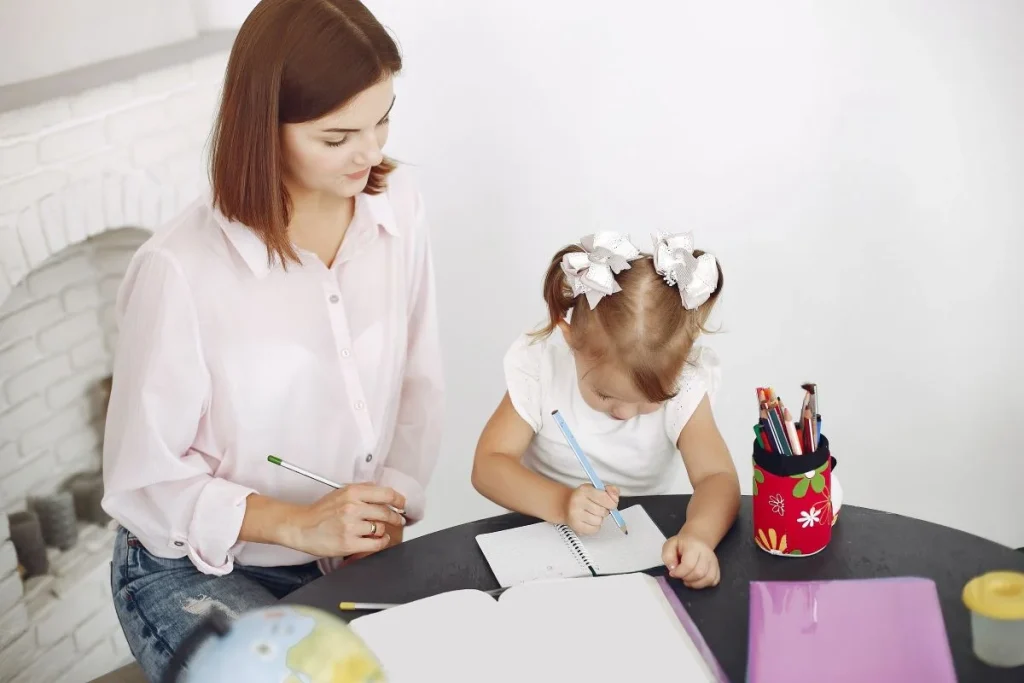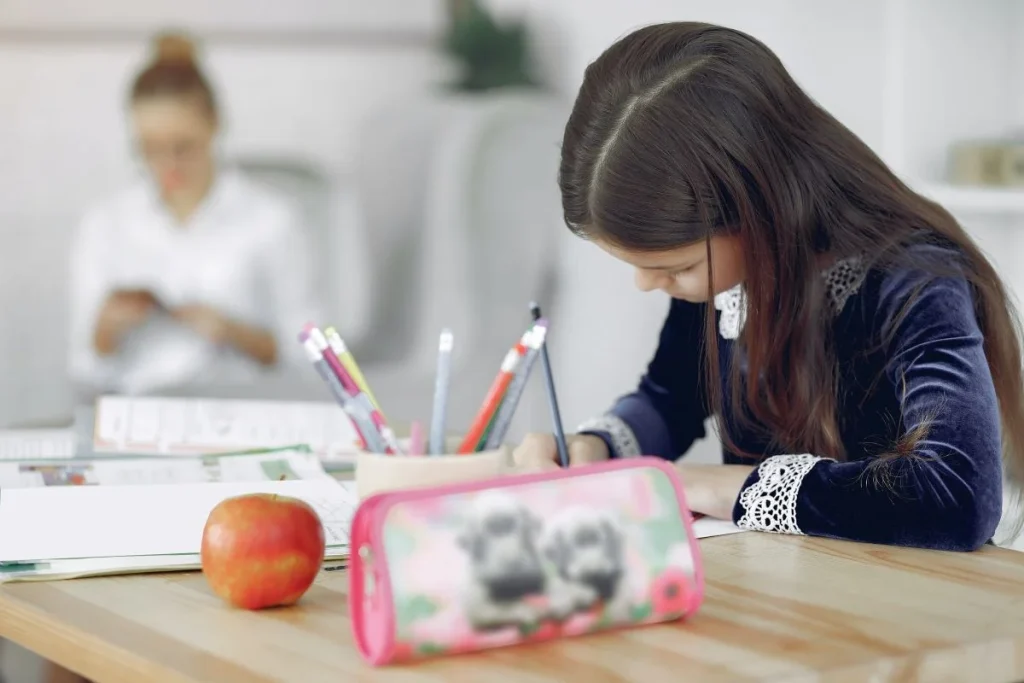Home education or more popularly referred to as homeschooling is a by the word itself a type of education conducted within the confines of a home rather than in an educational institution or a school. Parents who believe that education first happens at home and that they are their children’s first teachers advocate this initiative. It was first introduced in the 1970’s by a reformist named John Holt, the reason being that he felt that the regular formal education was a form of oppression and was simply preparing students for compliant employee jobs, which did not meet his approval at that time. It was formally introduced in the Philippines in 1997, when it was regarded as an alternative delivery mode better known as ADM. Designed as one of the ADMs, it was the response of both public schools and private schools to learners’ needs who failed to attend classes in school due to family circumstances, medical conditions or careers as in the case of those in showbusiness or athletes.
Like in most endeavors, homeschooling has its pros and cons. Moreover, like in most cases, one has to carefully weigh the circumstances before one proceeds to a specific direction. Although living in present times allows parents to have choices in terms of the education of their children, they have to carefully study the pros and cons of homeschooling in order to properly discern their children’s education. Deciding to homeschool or not requires a great deal of research to have a deep understanding and to see if this is a perfect fit for them and their children. Below are some of the advantages and disadvantages of homeschooling that may possibly help parents arrive at a sound decision.
THE ADVANTAGES OF HOMESCHOOLING

- More family time is spent on homeschooling. The decision to homeschool will definitely affect the role of a parent in the sense that the mother or father will have additional responsibilities as administrator and educator in addition to the parenting role. Inasmuch as homeschooling can be a way to spend more time with their children, parents would need to set parameters as to when they are parents or educators. They have to teach the difference to their children to be effective in both roles. This way, the child will not be confused. Furthermore, a parent will have a direct role in his child’s learning on a daily basis and maybe a way to build a stronger parent-child relationship.
- Homeschool socialization is different. It is a myth that homeschooled children do not know how to interact with other children. They will just have no time to interact with bullies in school or to be influenced to do things out of peer pressure which will result in low self-esteem which will eventually discourage learning. This, however, does not mean that there are no social interactions at all. In fact, they have more time for interaction as the schedule of homeschooling is more flexible. When it comes to sports activities, homeschooled children often participate in recreational leagues or homeschool sports classes offered in their community. In fact, some students are homeschooled because their athletic or artistic talents have them engaged in sports and activities at a higher level.
- Greater educational freedom and flexibility are provided for homeschooled students. Because of its flexible nature, a learner may spend more time in a subject he is struggling with until learning is able to take place and the child is able to attain mastery. On the contrary, if the child is able to master a specific subject in less time, he would be able to move on with other topics without spending time on repetitive or redundant lessons and may be able to move in a faster pace compared to the child’s peers. A parent will have the satisfaction to witness his or her child learning, and developing skills that are aligned to the family’s goals and values.
- There will be more time spent involved in community activities such as volunteering opportunities or endeavors that benefit the community. Although this lessens social interaction with peers, one of the benefits of homeschooling is that children will have more time to attain great achievements in the sense that they will be less distracted by other students who do not value learning. These children are able to exhibit a higher level of pride and accomplishment for they are self-motivated.
THE DISADVANTAGES OF HOMESCHOOLING

- The lack of qualified teachers or educators may be the first setback of homeschooling. Not all parents are qualified to be educators and not all parents of homeschooled children are prepared to take on this task. A number of parents hire teachers to do the job but since there is a growing number of parents doing this for their homeschooled children, the demands are high and there is scarcity in the number of teachers.
- The lack of socialization with children of the same age is another salient drawback of homeschooling. Although parents of homeschooled children arrange field trips, playdates with other homeschooled children, and extra-curricular activities it still is not the same as the daily interaction that happens inside the school.
- Homeschooling will have to require a major lifestyle change. The experience during the pandemic showed evidence that not all families and homes are prepared for homeschooling. The first stumbling block for this setup is having the right home for it. Homeschooling requires a classroom, especially for younger children. A specific part of the house should be assigned as a learning hub for homeschooled children. It should be a place conducive to learning. It should be a quiet, well-lighted place that will help the child to focus on lessons and activities. Realistically speaking, this requirement may be found in premium homes.
- For parents who are designated as their child’s educator, they will have to give up on a lot of things for themselves as this endeavor will demand a great deal of their time. They would have to handle the administrative aspect which requires planning of school activity. This would require more time dedicated to the learning of the child and less time for oneself.
- Homeschooling still requires a budget. Just like in the school setup, homeschooling has its own set of expenses. Parents would have to spend on curriculum, books, school supplies, field trips, and extracurricular activities. Hiring a teacher is an additional cost.

For parents who decide that homeschooling is the best option for their child, they may expect their adolescent children to show more impressive character strength and healthier behavior later in life than their peers. These results may come from the fact that they were guided by their parents according to the family’s values and the non-exposure to unfavorable behavior of peers as well as the absence of peer pressure. The well-roundedness of homeschooled children will be manifested as they enter the universities. There is a possibility that they will exhibit less risky behavior and studies show that there are no significant differences with regards to adjustment to college when comparing homeschooled students and those who attended a school education. Furthermore, homeschooled children have the tendency for higher academic achievement compared to traditionally educated students since they possess a more positive outlook on their entire college experience as they are more forgiving, self-motivated, and have purposeful behavior.
Whatever direction parents pursue in terms of their child’s education, they should be guided by the principle that their children should be a responsible members of society. Education forms an integral part of a well-rounded individual. It has to be balanced with morals, values, and principles.
Related Blog: How To Transition Your Kids From Homeschooling To Face To Face Classes?


